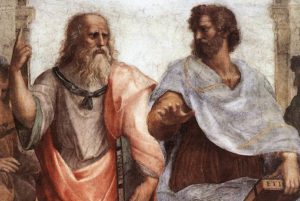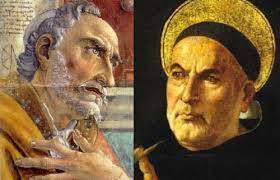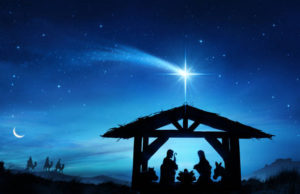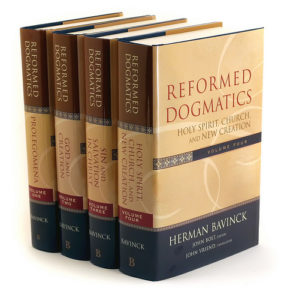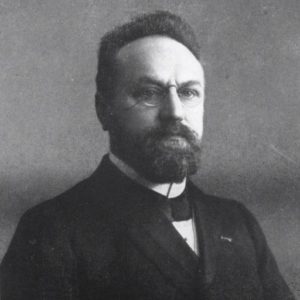Theology Uses Philosophy on its own Terms
[157] Though Christian dogma cannot be explained in terms of Greek philosophy, it also did not come into being apart from it. There is as yet no dogma and theology, strictly speaking, in Scripture. As long as revelation itself was still in progress, it could not become the object of scientific reflection. Inspiration had to be complete before reflection could begin…
Gradually a need arose to think through the ideas of revelation, to link it with other knowledge and to defend it against various forms of attack. For this purpose people needed philosophy. Scientific theology was born with its help. This did not, however, happen accidentally. The church was not the victim of deception. In the formation and development of the dogmas, the church fathers made generous use of philosophy. They did that, however, in the full awareness of and with clear insight into the dangers connected with that enterprise; they were conscious of the grounds on which they did it, and they did it with express recognition of the word of the apostles as the only rule of faith and conduct. For that reason also they did not utilize the whole of Greek philosophy but made a choice; they only utilized the philosophy that was most suited to help them think through and defend the truth of God. They went to work eclectically and did not take over any single philosophical system, be it either from Plato or from Aristotle, but with the aid of Greek philosophy produced a Christian philosophy of their own. Furthermore, they only used that philosophy as a means… Continue reading “Philosophy and Theology Reading 3/3”
